
Eggplant sowing, growing and harvesting eggplants, fending off disease
Use this type of eggplant in recipes for Szechuan eggplant in garlic sauce, pan-fried eggplant with miso, and Thai grilled eggplant . Japanese eggplant comes in a range of shades of purple, including a deep almost-black purple. You may find that other varieties of comparatively long and skinny eggplant will be labeled as Japanese.
Kentucky Fried Garden Growing Eggplants or Aubergines in the Vegetable
Eggplant is started from small, tan seeds that sprout in 2 to 3 weeks. Seedlings grow quickly, and plants reach maturity in 70 days. It can take anywhere from 100 to 140 days for eggplants to ripen. After fruiting, plants are often removed, but, with a little extra care, eggplant can be grown as a perennial.
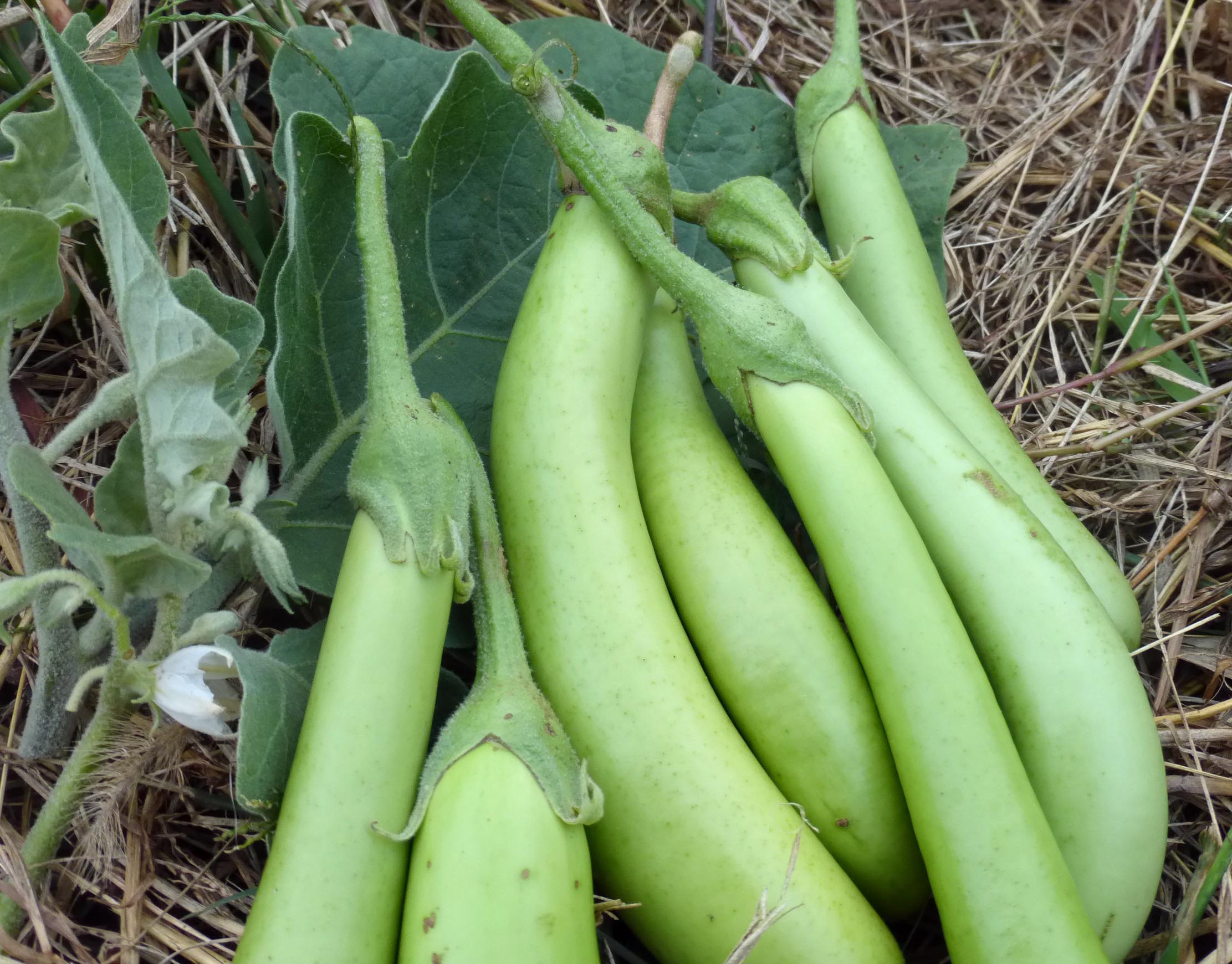
Louisiana Long Green (Green Banana) Eggplant, 0.25 g Southern
Young plants should be hardened off before placing in the garden, after all danger of frost has passed. Like all eggplants, Ping Tung eggplant variety requires full sun and fertile, well-draining soil. Feed plants every two weeks with a mild organic fertilizer, such as compost tea. Ping Tung Long eggplant matures in about 60-80 days.
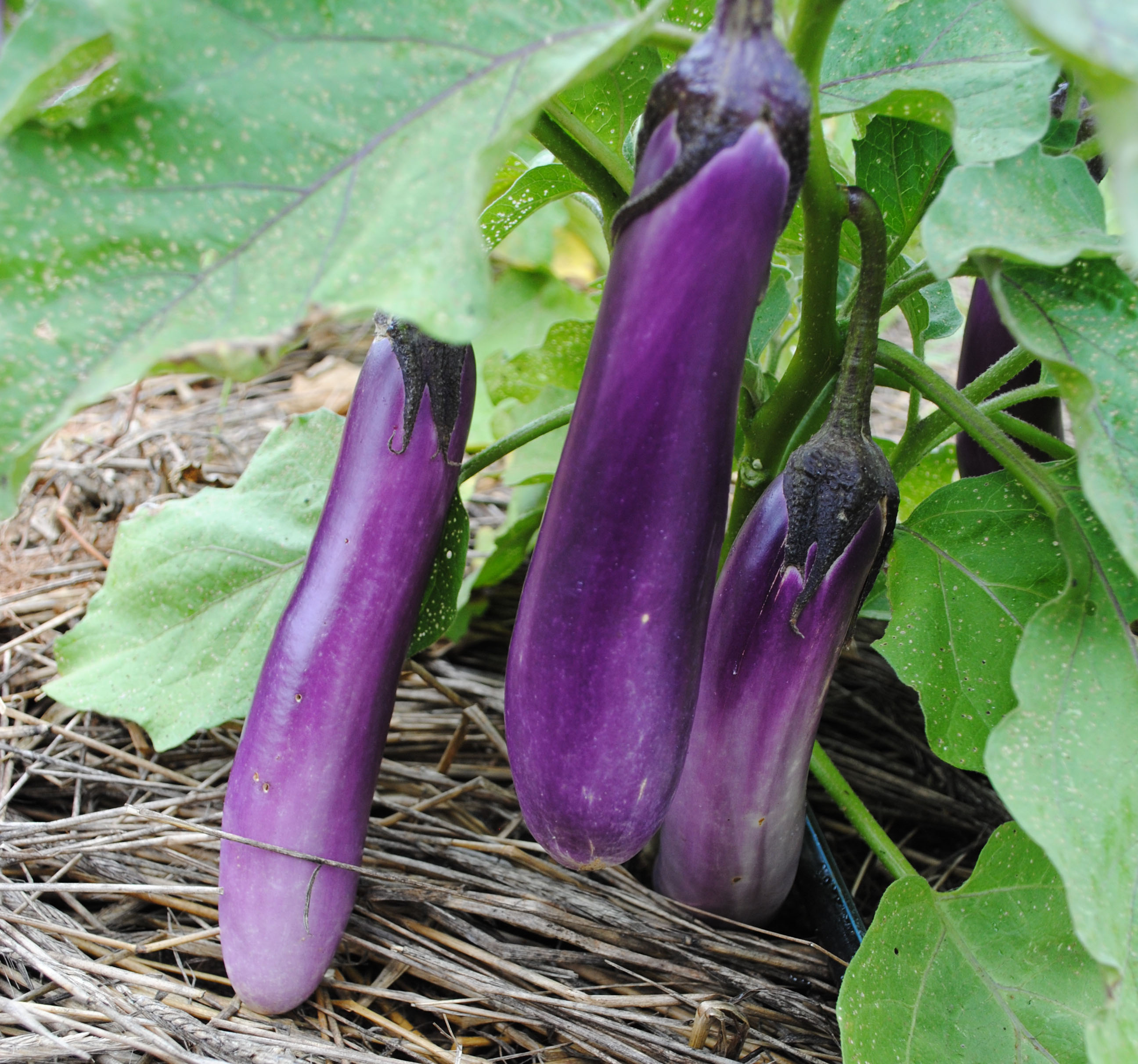
long eggplant / มะเขือยาว Eggplant, Types of vegetables, How to grow
Start plants six to eight weeks prior to planting outdoors. Make sure the soil has warmed to near 70 degrees before planting. Depending on the variety, eggplant can take anywhere from 75 to 110 days to produce from seed. For those with a shorter growing season, transplants will reduce that time frame significantly.
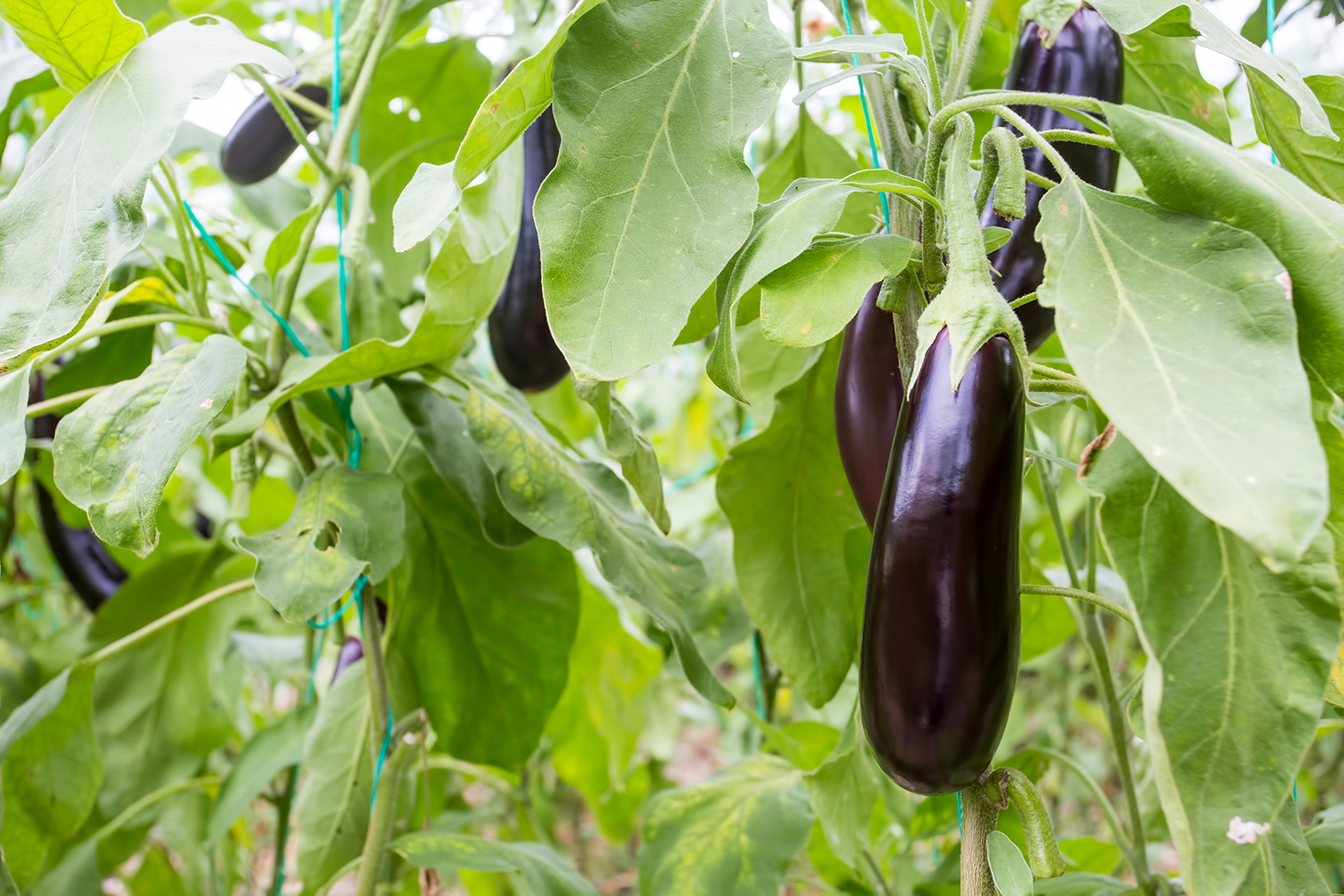
Eggplant Growing Guide Tui Prepare, Plant, Nourish
To start eggplant seedlings, you'll want to plant the seeds between 8 to 10 weeks before you plan to transplant them outside. Sow one seed per seedling pot about ¼" deep. Water and keep them in a warm and bright place in your home. They will need at least 6-8 hours of light a day.

International food blog INTERNATIONAL GREECE Part 10 The Peloponnese
Plant seedlings 24-30 inches (61-76 cm) apart, root-deep. Eggplants do best when they have room to spread and grow. Dig holes slightly larger than your seedlings' roots, spaced 24-30 inches (61-76 cm) in all directions. Gently place the seedlings in the holes and fill the space around their roots with soil. [9] 2.

Harmony Valley Farm Vegetable Feature Eggplant
It can take anywhere from 65 to 100 days to grow an eggplant from seed to harvest. If you start your plants from seed, you can observe each stage. If you start with nursery-grown stock, you will be starting at either the "True Leaves" or "Vegetative Growth" stage, depending on how mature your plant is at the time of purchase.

All about eggplant Healthy Veg Recipes
7. Shikou. A hybrid variety that holds up well to the heat, 'Shikou' bears dark purple, glossy, thin-skinned fruit that grows on purple stems. With a name that means "supreme" in Japanese, this cultivar produces 6- to 8-inch-long, elegant fruits that have very few seeds.
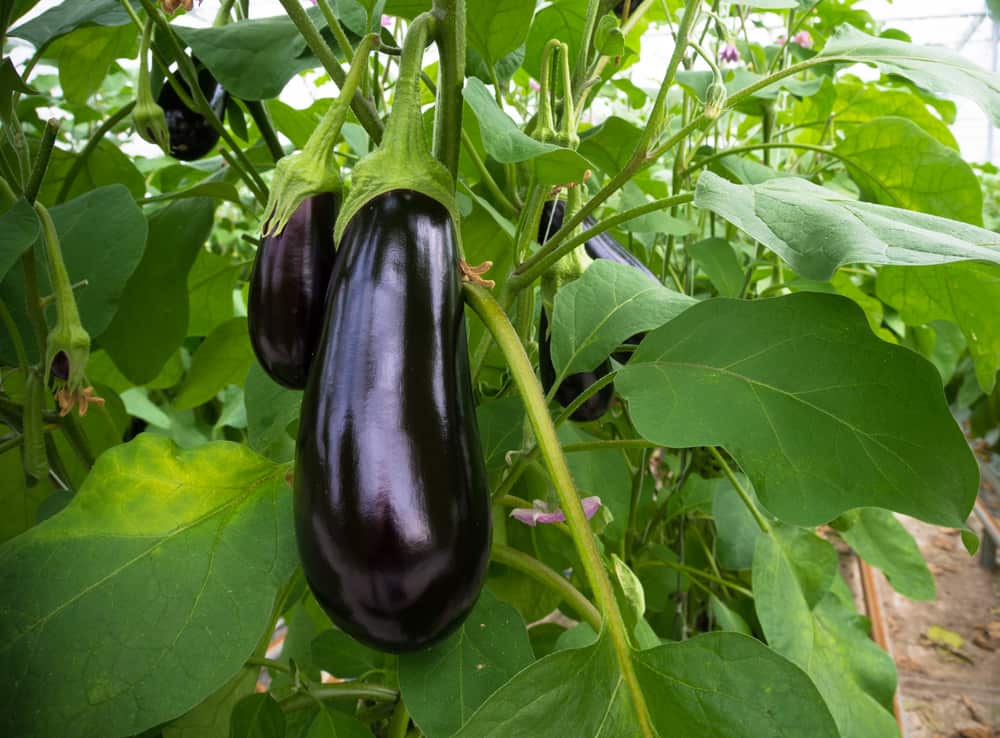
13 Best Italian Eggplant Varieties to Consider Growing
→ GardenStraw: https://growepic.co/3GRdFUQ→ Epic Seed Starting: https://bit.ly/3P8M3MY→ Espoma Garden-Tone: https://bit.ly/3vEYUiISUPPORT EPIC GARDENING→ Sho.

Eggplant 'Japanese Long' — Green Acres Nursery & Supply
Harvest your eggplants from 65 to 80 days after transplanting and 100 to 120 days after starting from seed. But don't forget all this depends on the variety. Depending on your growing zone and the variety you are growing, July, August, September, and even October are harvest months for eggplant.
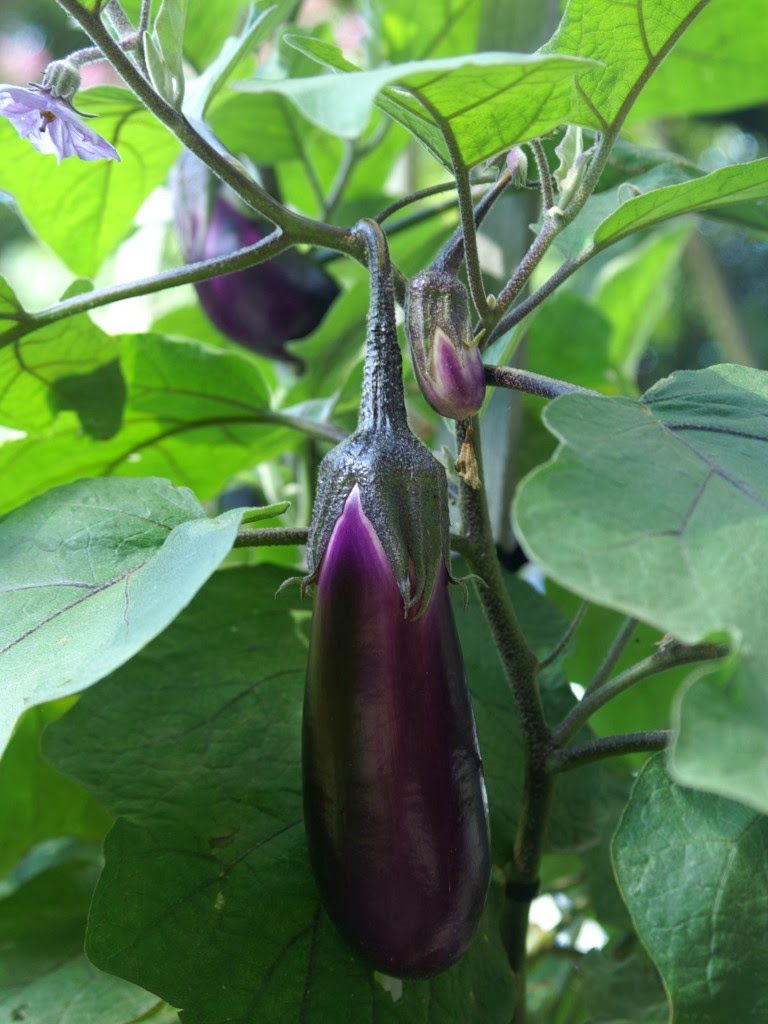
How To Grow Eggplant with Cost Analysis Grow Your Own Food How To Guide
Dark purple fruits can be sliced like a cucumber. Fruits of 'Long Purple' are long and slender (2" x 10") and slightly bulbous on the blossom end. Best harvested when 1" in diameter, the dark purple fruits can be sliced like a cucumber. This is an example of the timeline you would see based on your growing conditions.
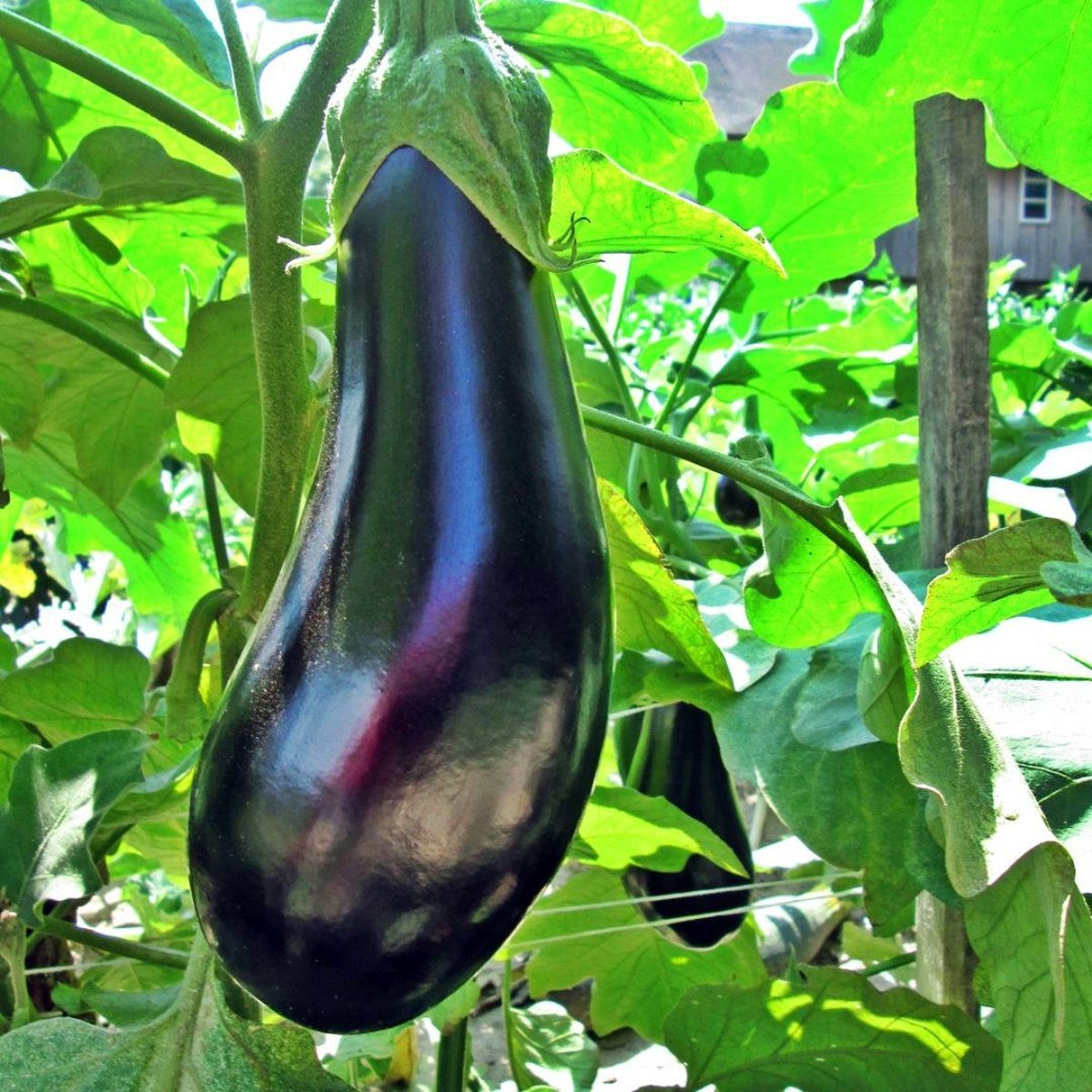
Turkish Eggplant, Turkish Fruits, Vegetable and Goods Exporter
Eggplants require fertile, well-drained soil. They can't handle poorly-drained soil, so amend your earth with sand if it isn't well drained. Growing eggplants prefer soil with a pH between 5.5 to 6.5. When starting eggplant seeds indoors, a heat mat is a must to warm the soil to encourage germination.
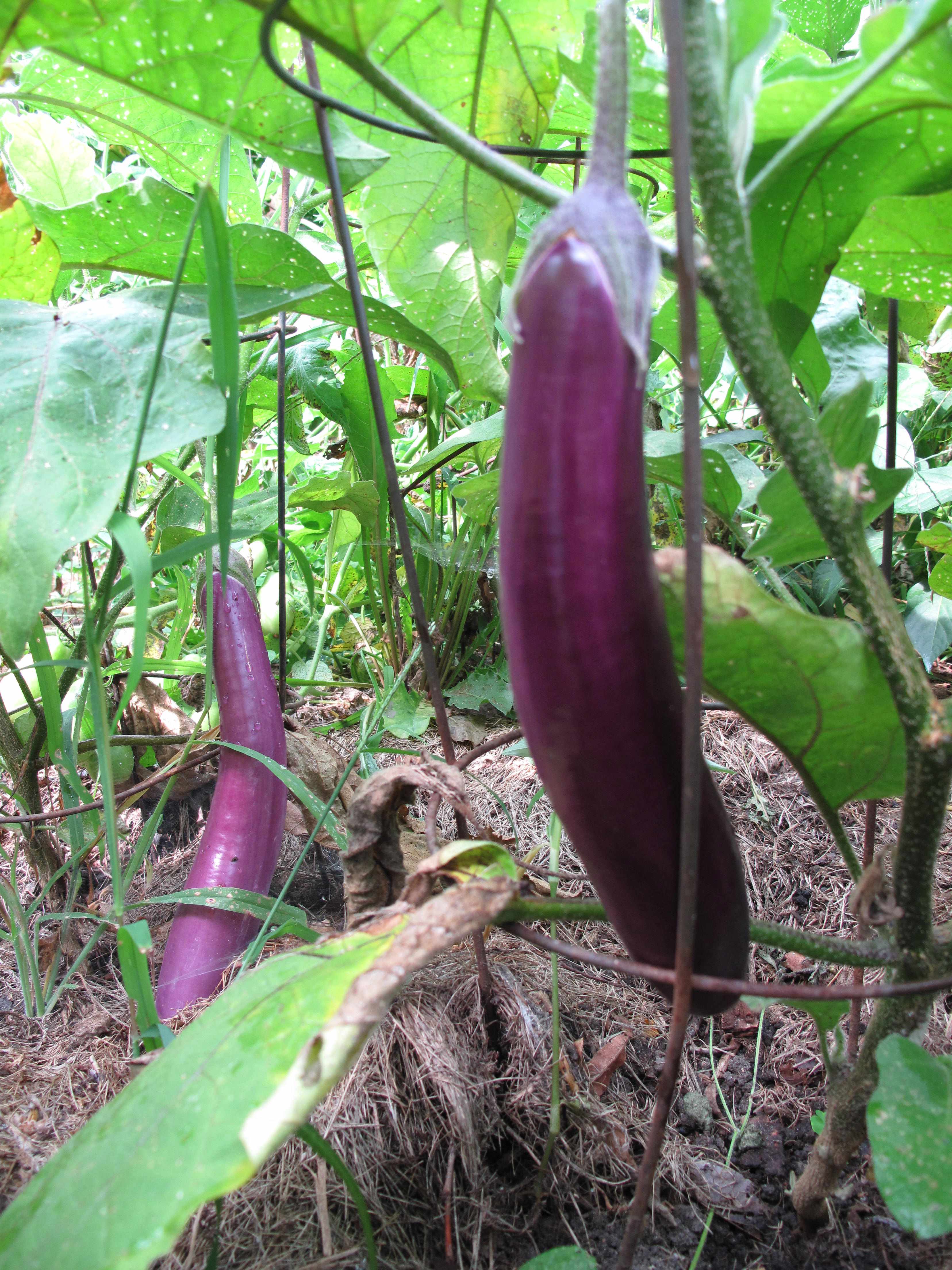
Exploring Vegetables Ichiban Eggplant Our Twenty Minute Kitchen
Eggplants need about an inch of water per week, depending on the soil moisture. If the soil feels too dry, add an extra inch of water. When the weather is cooler in early spring, water your eggplant about once a week, increasing to two or three times per week when the air temperature rises. 2. Consider companion planting.
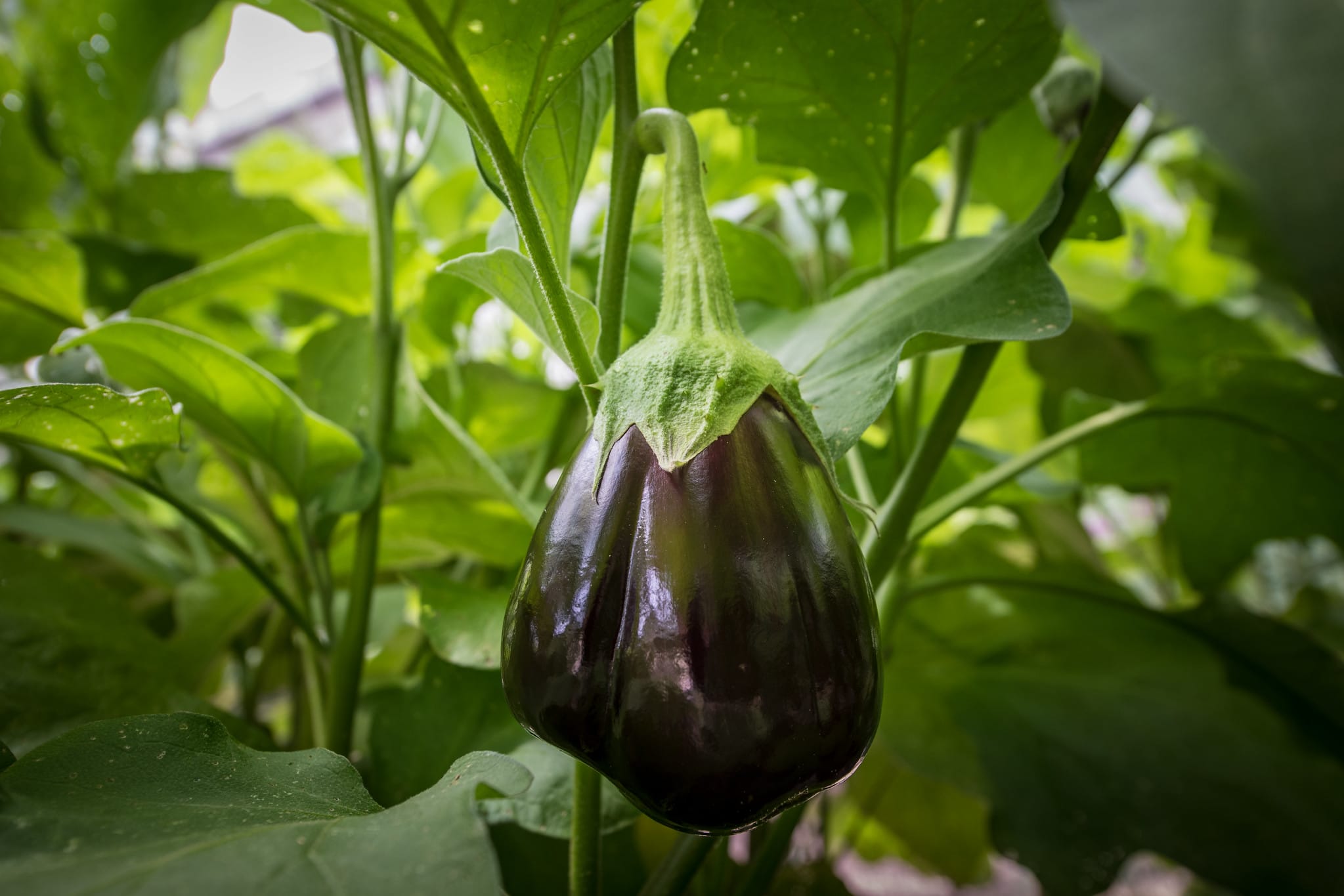
Eggplant Growing Stages Krostrade
4. Maturing Leaves and Stems. After those first true leaves appear, your eggplant will keep on producing more and more of them, and the stem will gain length and strength. If you plan to stake your eggplant for support, this is the time to do it. This is known as the "vegetative stage.".
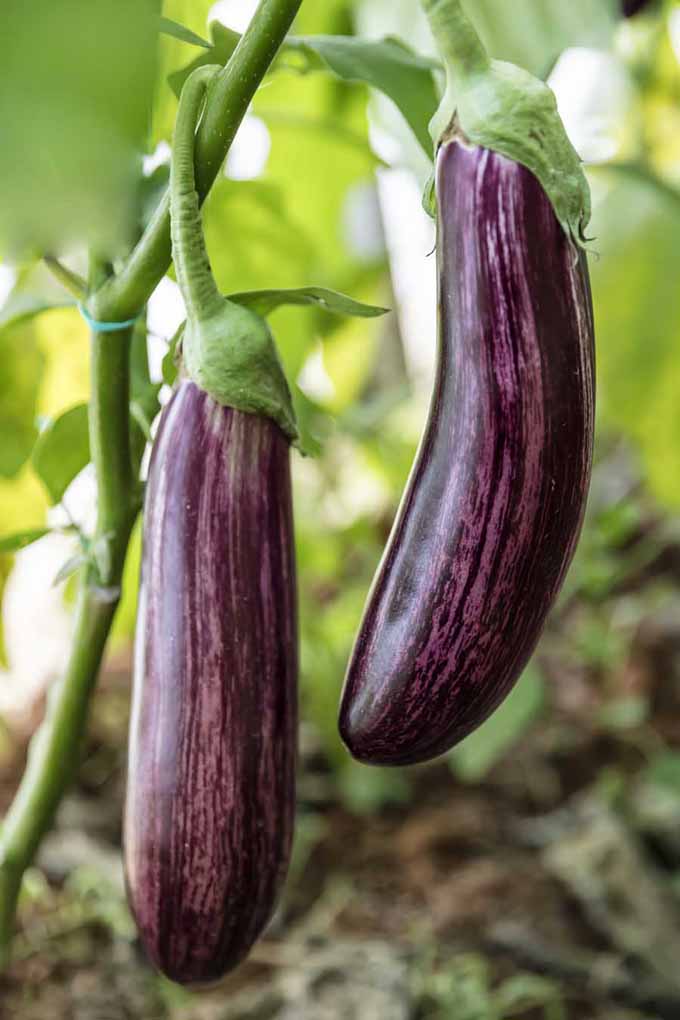
How to Grow and Care for Eggplant Gardener's Path
Immediately after planting (in ground or pot), set 24-inch-high stakes 1 to 2 inches from each plant or use cages to provide support and avoid disturbing the soil or roots later. Eggplant will fall over when laden with fruit. After planting, water well. Add a layer of mulch to retain moisture and suppress weeds.
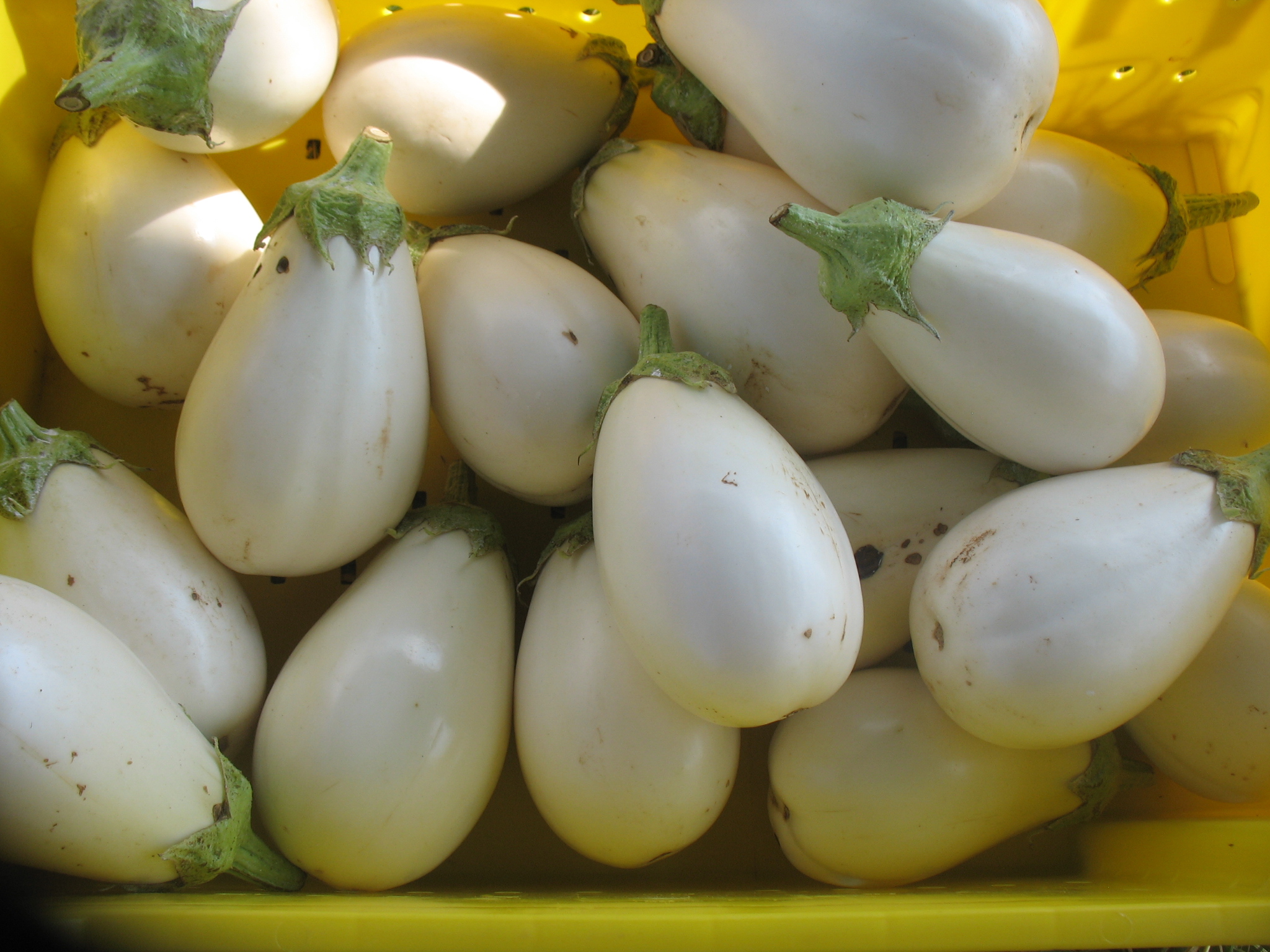
White Eggplant Asia Seeds
Sow eggplant seed ¼ to ½ inch (12mm) deep and spaced 4 to 5 inches (10-12cm) apart. Sow seeds in a moistened seed starting mix. Place a plastic dome or plastic wrap over the seed starting tray to retain warmth and moisture until seedlings emerge. Eggplant seeds germinate in about 5 to 6 days.